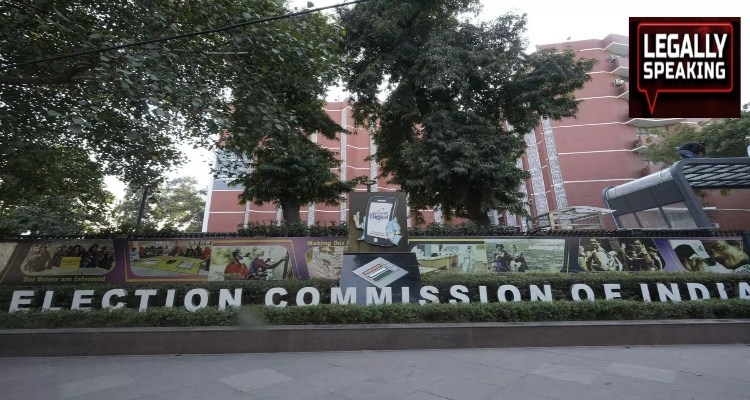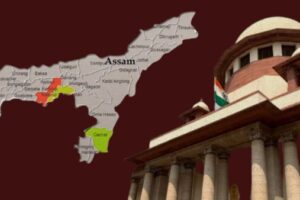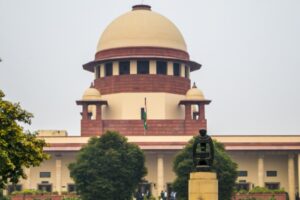
The Election Commission of India has published data from the State Bank of India (SBI) regarding Electoral Bonds on its website. This release includes two lists spanning 763 pages each, detailing both purchasers of electoral bonds and the political parties receiving them. The information pertains to bonds in denominations of Rs 1 lakh, Rs 10 lakh, and Rs 1 crore. Notably, the data does not provide insight into which companies donated to which parties.
Following a Supreme Court ruling on February 15 banning the sale of electoral bonds, SBI was directed to submit comprehensive bond data by Tuesday evening. SBI complied, providing the Election Commission with the data by 5:30 pm on Tuesday. Subsequently, the Election Commission (EC) made it public on Thursday. On March 11, the Supreme Court reprimanded the bank and directed it to provide these details by the evening of March 12.
According to the Election Commission’s data, donations were received by political parties such as the BJP, Congress, AIADMK, BRS, Shiv Sena, TDP, and YSR Congress through electoral bonds. Buyers of electoral bonds include Apollo Tyres, Lakshmi Mittal, Edelweiss, PVR, Keventer, Sula Wine, Welspun, and Sun Pharma.
Furthermore, various entities such as Torrent Power, Bharti Airtel, DLF Commercial Developers, and Vedanta Limited also made contributions to political parties through electoral bonds. The contributions range from significant amounts like Future Gaming and Hotel Services’ Rs 1,368 crore to smaller sums like TVS Motors’ Rs 10 crore.
On March 4, SBI had filed a petition in the Supreme Court seeking an extension until June 30 to provide its information, citing the need for time to match the data. This request was met with skepticism, prompting the Association for Democratic Reforms (ADR) to file a contempt petition against SBI on March 7, questioning the transparency of the process. During the Supreme Court hearing on March 11, the bench instructed SBI to disclose all information by March 12.
The government is exploring alternative avenues following the recent “Supreme” decision on electoral bonds, with no immediate consideration of an ordinance.
As per the affidavit submitted by SBI to the Election Commission, a total of 22,217 electoral bonds were purchased from April 1, 2019, to February 15, 2024. Out of these, political parties encashed the funds from 22,030 bonds, while 187 bonds remained uncashed within the 15-day validity period. The unclaimed amount from these bonds was subsequently transferred to the Prime Minister’s Relief Fund.
The Electoral Bond Scheme was introduced in the 2017 budget by then-Finance Minister Arun Jaitley and was officially notified by the Central Government on January 2, 2018. It functions as a form of promissory note, purchasable by any Indian citizen or company from SBI. The government asserted that electoral bonds would enhance transparency in political party funding and the electoral process, as well as mitigate the influence of black money.
SBI has sought an extension until June 30 from the Supreme Court to provide details regarding electoral bonds.
Critics of the scheme contend that the anonymity of electoral bond buyers could facilitate the use of black money in elections.
Although the plan faced challenges as early as 2017, formal hearings began in 2019. On April 12, 2019, the Supreme Court instructed all political parties to submit comprehensive information regarding electoral bonds to the Election Commission in sealed envelopes by May 30, 2019. However, the court did not halt the implementation of the scheme.





